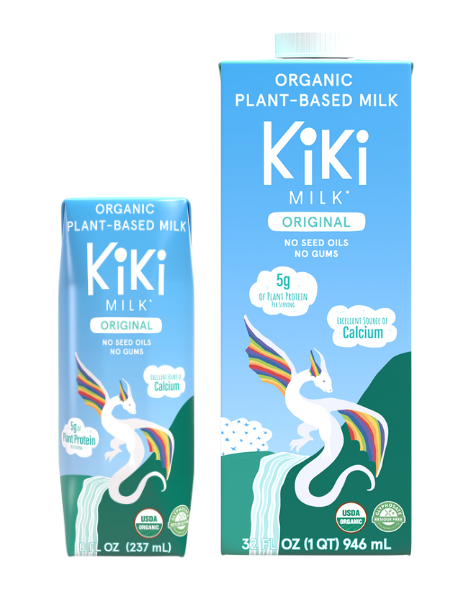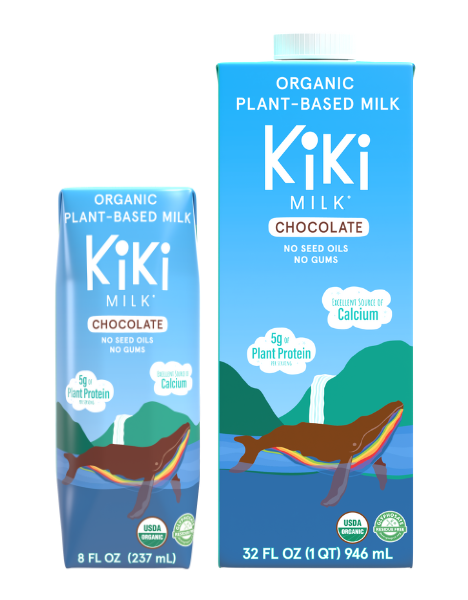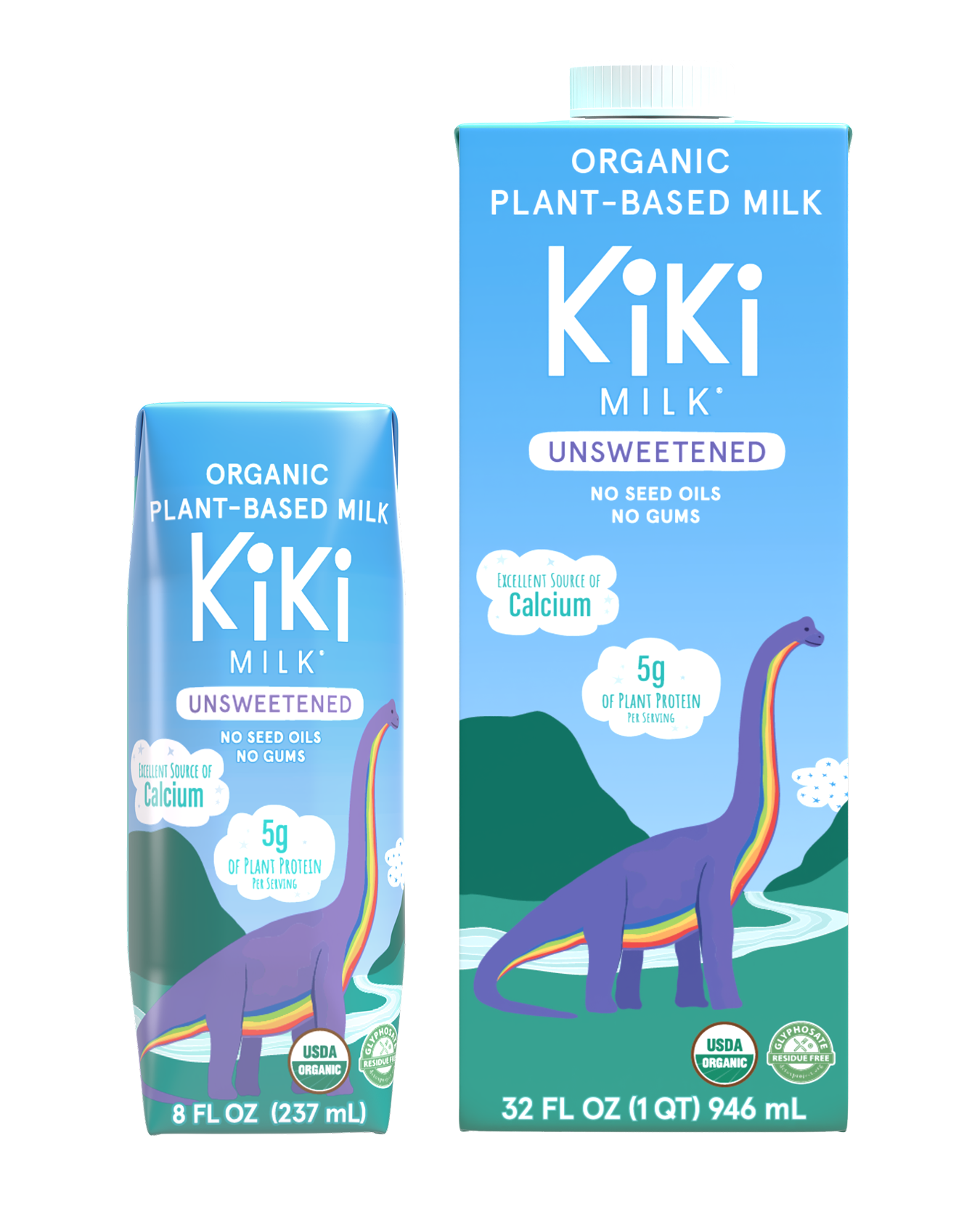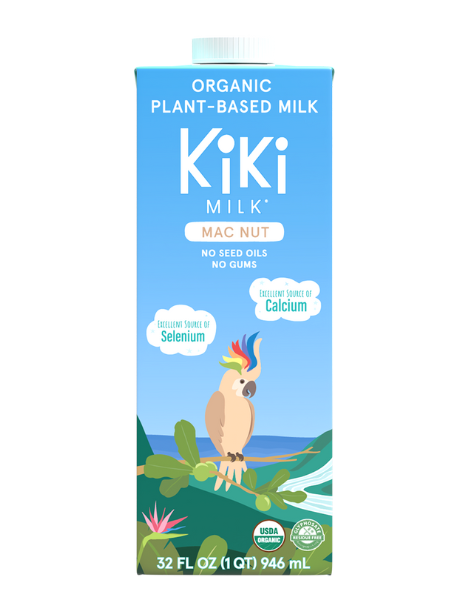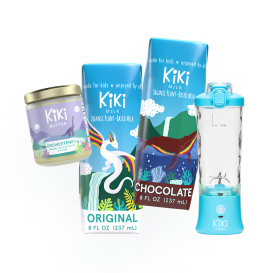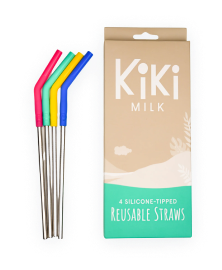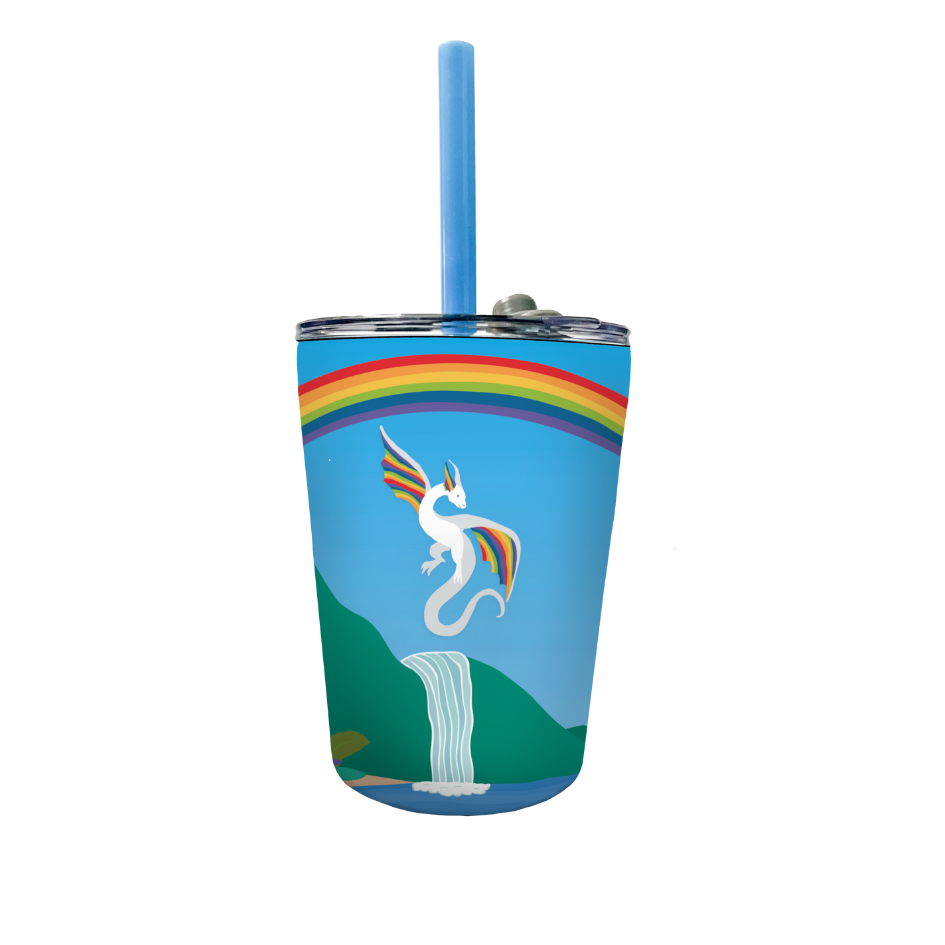Calcium is one of the most essential—and often overlooked—minerals in your body. While it’s best known for building strong bones, its role goes far beyond your skeleton. From keeping your heart beating steadily to helping your muscles move and your brain communicate, calcium truly is a multitasking MVP.
Here’s what you need to know about this powerhouse nutrient, how much you actually need, and where to get it—especially if you follow a plant-based lifestyle.
What Is Calcium?
Calcium is the most abundant mineral in the body. About 99% is stored in your bones and teeth, giving them structure and strength. The other 1% is just as important—supporting muscle function, nerve signaling, blood clotting, and even regulating your heartbeat.
Since your body can’t make calcium on its own, it must come from food. And when you don’t get enough? Your body will “borrow” it from your bones to keep critical functions running—which over time can weaken your bones.
Why Calcium Matters
Calcium isn’t just about growing taller or preventing osteoporosis. It plays a vital role in:
- 🦴 Building and maintaining strong bones and teeth
- 💪 Helping muscles contract and relax
- 🧠 Supporting nerve and brain communication
- 💓 Regulating blood pressure and heartbeat
- 🧬 Supporting hormone and enzyme function
How Much Calcium Do You Need?
Your calcium needs change with age—and certain life stages (like growth spurts or pregnancy) call for more. Here's a breakdown of the Recommended Daily Intake (RDI):

💡 These recommendations come from the Dietary Guidelines for Americans 2020–2025. Individual needs may vary based on lifestyle and health status.
Good Plant-Based Sources of Calcium
If you’re dairy-free or plant-based, rest assured—you can absolutely meet your calcium needs with whole foods. Some top sources include:
- Leafy greens like kale and bok choy
- Broccoli
- Beans and lentils
- Almonds, chia seeds, and flaxseeds
- Seaweed and mineral-rich algae (like Aquamin®, which we use in Kiki Milk)
Whole Food Calcium = Better Absorption
Not all calcium is created equal. Calcium from whole food sources is often more bioavailable, meaning your body can absorb it more easily—especially when paired with vitamin D, magnesium, and vitamin K2. That’s why it’s important to look at the full nutrient package, not just the calcium number on a label.
